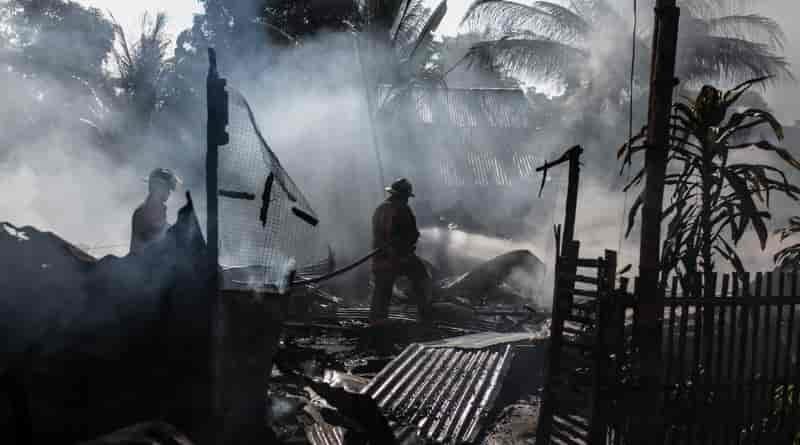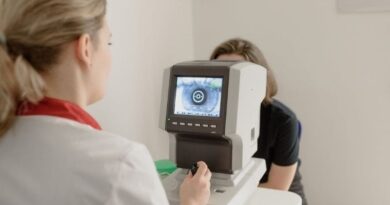Tips for Preparing for a Potential Natural Disaster
The inevitability of natural disasters removes to a great degree the element of surprise. Once you expect a natural disaster to happen and understand that there is a chance of one occurring, it is possible to prepare. There are simple tips that anyone can rely on to prepare adequately for any natural disaster, whether that is an earthquake, or floods, or a hurricane. Have you wondered what you can do that is friendly to your pocket and effective? Here are a few helpful tips.
Table of Contents
Learn the patterns of natural disasters in your area
There are cycles of natural disasters that we have come to expect, happening every several months or annually. You should be acquainted with these patterns to know how to prepare for each type of disaster.
It is unfortunate, but to accept the reality of repeated natural disasters is important. It also helps you to know how to train for the worst-case scenarios that are always a possibility. It is also good to anticipate disasters so that even when they do not happen, you have nothing to lose.
Prepare a stock of emergency food
Food is one of humanity’s essential survival needs, and natural disasters are often a threat to food security. During a natural disaster, there is a great potential of losing the food store you’re used to, so having a supply of emergency food goes a long way in keeping your family fed. Having a three-day to two-week supply of household items, depending on the seriousness of the disaster, is very helpful. Keep supplies in a big waterproof container near an exit or your garage, so you can grab them and go. An emergency supply kits may include:
- Water (a gallon per person per day)
- Food (at least a three-day supply)
- First aid kit
- Flashlight
- Local maps
- Cellphone and power bank
- Wrench or pliers
- Any other personal necessities
The food will not only help with sustenance, but it can also come in handy in assisting others who are also affected and perhaps need emergency attention. Freeze-dried foods and other types of non-perishable foods are the best in such scenarios, and you can get convenient small packs that are easy to store and ready to eat.
Back up your data on secure cloud service
In the event of a devastating emergency, you are prone to having your devices damaged and losing your data. While hard disks are a common way of backing up data, cloud storage is even more secure because you can still access your data despite losing all of your gadgets.
Some free cloud service providers are reliable, with the likes of Google providing respectable amounts of free cloud storage to everyone. There are, however, paid services that come with extra features and guarantees complete with more storage space overall.
Charge your electronics
There will be a need to have as many of your gadgets, phones, laptops, tablets, and power banks are charged to full capacity for communication purposes during emergencies.
It is also important to use these gadgets in their power-saving mode if they have the feature when anticipating a natural disaster. Remember to switch off what you are not using to save as much of the power as possible.
Learn first aid
First aid skills are often thought to be useful to first responders, but everyone should learn how to perform a simple first aid. In times of natural disasters, there are limited first aid services available due to the multitudes needing the same.
Knowledge of first aid and an equipped kit will make it easy for you to help yourself and those who may need your assistance. Having an extra first aid kit will also give you that extra layer of comfort, especially since there is a chance that there might be more than one instance where emergency first aid is needed.
Read: First Aid Certificate
Account for utilities and know how to shut them off
It is not uncommon during a natural disaster such as a storm to have utilities cause damage or continue running, resulting in huge losses. By knowing how to turn off your gas, electricity, and water, you remove the possibility of such an eventuality.
Not only do you significantly reduce the chances of an accident like sudden fires and explosions, but you also minimize the damage that will be done with those utilities running. It helps to practice switching them off in times of calm so that you know how exactly to do it in a crisis.
Fuel your vehicles just in case
In addition to fueling all the vehicles you will be using in the event of a natural disaster, it also helps to have a little extra gas at hand. If you can get even more, it helps. The fuel may also come in handy if you have a generator.
It also helps ensure the maintenance of your vehicles to have them in the best shape when a disaster occurs. Regular checks should be done, with an extra emphasis on safety features and spare parts.
Safely store away your important documents
People have lost their documents in natural disasters, setting them back a lot of money to replace them. A storage plan that is natural disaster proof would be the step you should take when there is an impending crisis.
The storage system can be in or out of your house, provided that you will be able to get your hands on your documents should anything happen. The most crucial documents such as social security cards, marriage certificates, passports, birth certificates, and the likes can be sent somewhere else to ensure the risk of destruction is eliminated.
Bottom line
No matter how well you prepare for a natural disaster, it always leads to some type of loss and devastation. But it helps to prepare for the disaster regardless. After stocking up on food, securing first aid kits, protecting important documents, and getting your vehicles ready, mental preparation will play a critical role in determining how you will handle the situation when it happens. The ability to stay level-headed will by far serve you better than having all the necessary items you need to survive.




